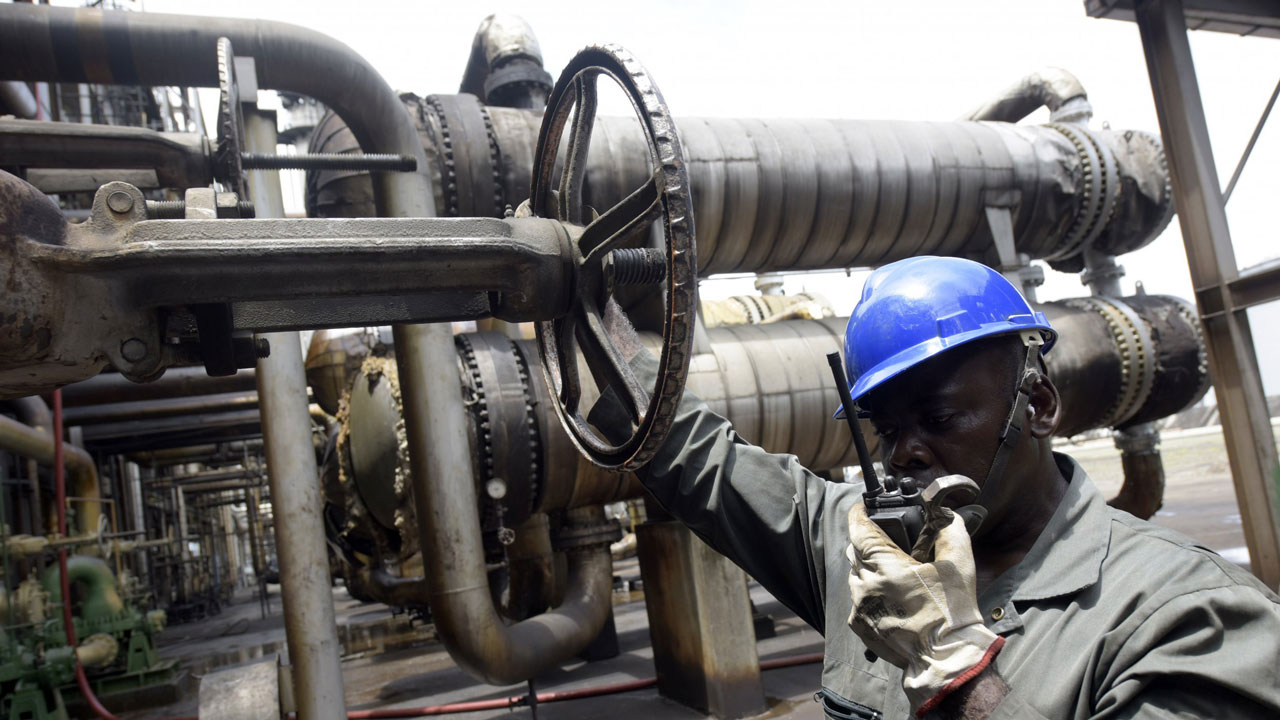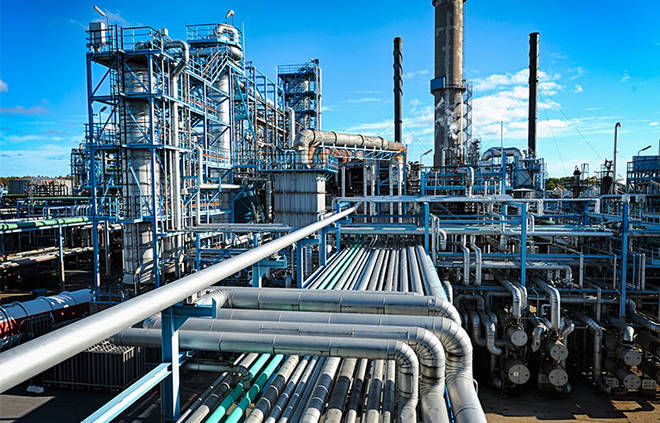Society of Petroleum Engineers (SPE) has said exploration, production and other operations in the Nigerian oil and gas industry can now hold without support from expatriates.
Nigeria had granted 126,893 quota licences to expatriates, who operated with 14,690 companies. In the oil and gas sector, the figure has dropped steadily as efforts are being made towards ingenious participation in the oil and gas sector.
The Chairman of Society of Petroleum Engineers (SPE) Nigeria Council, Prof. Olalekan Olafuyi, noted that the impacts of Covid-19 pandemic showed that the country could solely handle its oil and gas sector and indeed drive the development of energy transition.
Speaking ahead of a yearly lecture of the society, Olafuyi stated that in the short term, Africa must maximize opportunities created by the availability of gas as a transition fuel at least in the next 30 years to create jobs and generate capital for the adoption of cleaner forms of energy.
In the long-term, he added that Africa’s energy should purely be renewables powered, driven by advancements in hydrogen energy technology, solar, battery storage, and wind power.
Olafuyi said COVID-19 had a positive side where the industry ran with a completely indigenous workforce; showcasing that Nigeria has developed the capacity to run the industry.
“The pandemic has shown that we have developed competence locally in terms of the workforce and vendors providing services. With proper legislative frameworks and implementation, homegrown innovations could foster effective energy transition at the lowest possible cost. This would strengthen our economy in the long run.
“Now, any investor would be confident that they could venture into business with locally available competencies without any need for expatriates who are relatively more expensive to maintain in terms of labour costs,” he stated.
Olufuyi, while speaking on the Petroleum Industry Act, noted that the PIA has re-established the confidence the industry has in the government for sustainable and competitive oil and gas industry as investment interest deepens with confidence.
Speaking further on cost-cutting options, SPE noted that cost-cutting in the form of layoffs should be avoided unless it is seen by all parties as the only solution, adding that there is need to continue to push ideas and opinions that drive best practices.
“We recently hosted a summit in Port Harcourt, attended by policymakers, power sector companies, regulators, etc. where a roadmap was drafted and presented to the government, in solving sector’s power challenges,” he said.
Advising the country to expand local capacity beyond oil and gas, Olafuyi said dependence on indigenous competence across sectors should be up to 80 per cent.
He noted that SPE, in the last 10 years, had witnessed significant increase in the number of its flagship events, stressing that while the society had two flagship events in 2012, today it has moved to five in addition to several activities.
Olafuyi said there is a need to develop the Nigerian National Petroleum Company into the likes of Saudi Aramco, especially with the models as defined by PIA, which is aimed at building a strong economy for Nigeria and Africa in a wider scope.
He said SPE’s Oloibiri lecture series and energy forum 2022 would focus on diverse conversations on investments in the oil and gas industry.
Olafuyi added, “To accelerate the energy transition, we believe in homegrown pragmatic solutions suited to our environment and our nation-building. We need to evolve considering our environment. Even though Nigeria and Africa are not the major contributors to CO2 emission we still act as though we were and hence advocate for cleaner forms of energy, to support the transition.”
“You can see this in the gains being recorded by the NLNG and the Federal Government declaring this decade as the decade of gas. SPE would always advocate best practices and not borrowed or copied practices to sound politically correct. We are apolitical but demonstrate strong commitments to our environment and sustainable development.”





